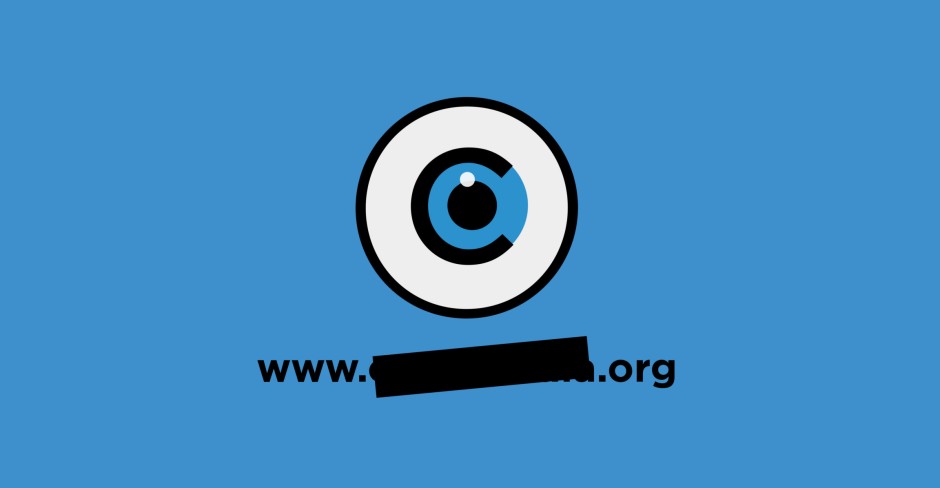European Council: France, Spain and Portugal attacking the open web.
Three countries are using the European Council to put dangerous pro-censorship amendments into the already controversial Copyright Directive.
The copyright law that Openmedia has been campaigning on — the one pushing the link tax and censorship machines — is facing some dangerous sabotage from the European Council. In particular, France, Spain and Portugal are directly harming the open web.
Quick background: the proposal gets voted on, amended and edited by the European Parliament. Its MEPs are voted by the public, and obliged to listen to their constituents. That’s why we made our click to call tool so that they hear your voices directly.
However, the European Council also gets to make its own proposed version of the law, and the two versions eventually have to compromise with each other. This institution is made up of ministers from the governments of all EU member states. Those ministers are usually represented by staff who do most of the negotiating on their behalf. It is not a transparent body, but it does have a lot of power.
The Council can choose to agree with Parliament’s amendments, but it doesn’t look like that’s going to happen in this case. In fact they’ve been taking worrying steps, particularly when it comes to the censorship machine proposals.
It’s important that we don’t let them ruin our hard work by using undemocratic means to push forward a version of the law that has no value for the public, and all the value for corporates
What are France, Spain and Portugal doing?
These three countries are proposing amendments to Article 13— the content censorship rules — which make it even worse.
As the proposal stands, it encourages sites where users upload and make content to install filtering mechanisms — a kind of “censorship machine” which would use algorithms to look for copyrighted content and then block the post. This is despite the fact that there many legal reasons to use copyrighted content.
These new changes want to go a step further. They firstly want to make the censorship machine demand even more explicit. As Julia Reda puts it: “They want to add to the Commission proposal that platforms need to automatically remove media that has once been classified as infringing, regardless of the context in which it is uploaded (“staydown”).”
Then, they go all in with a suggested rewrite of existing copyright law to end the liability protections which are vital for a functioning web.
Liability protection laws mean we (not websites) are responsible for what we say and post online. This is so that websites are not obliged to monitor everything we say or do. If they were liable there would be much overzealous blocking and censorship. These rules made YouTube, podcast platforms, social media, all possible. The web as we know it works because of these rules.
But the governments of France, Spain and Portugal want to undo them. It would mean all these sites could be sued for any infringement posted there. It would put off new sites from developing. And it would cause huge legal confusion — given that the exact opposite is laid out in a different EU law.
What’s going on with Estonia?
Everything would be ok if the rest of the Council had just dismissed this and moved on to a more sensible option. But the Estonian President of the Council has scooped up this proposal and is now taking it forward.
Estonia actually has a great reputation as being pro-digital, with some amazing initiatives that they are very proud of. For example you can become a digital citizen of Estonia (you can set up ‘e-residency’ and start an Estonian business even if you don’t live there!), they have open government, and wide access to high speed internet.
So it’s bizarre to see them accepting plans which would directly harm all the great things they’ve done. On their own website, the Estonian government says that it will use its presidency of the Council to be pro-digital, and this is exactly the opposite!
What can we do about it?
We need to keep making noise! An institution used to secrecy doesn’t expect to be in the public eye and getting this kind of scrutiny.
We need to empower the European Parliament to present the best version possible, and to beat off the terrible ideas they are circulating here.
And if you are a resident of France, Spain, Portugal or Estonia tell your local media and your representatives to stop walking this path.




 Take action now!
Take action now!
 Sign up to be in the loop
Sign up to be in the loop
 Donate to support our work
Donate to support our work